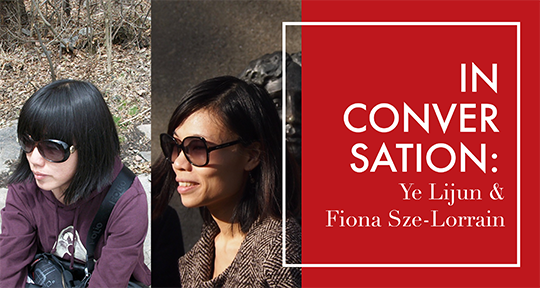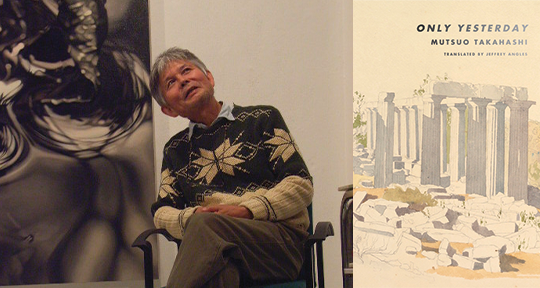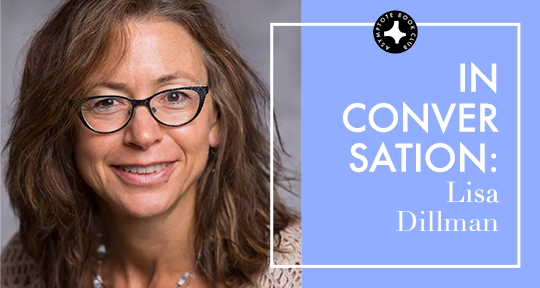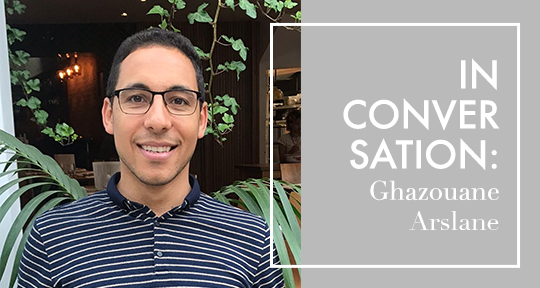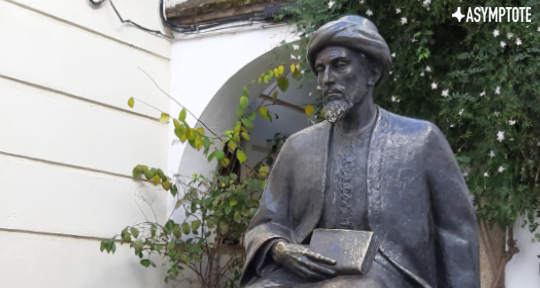A highlight of the current Summer 2022 issue, Abdelfattah Kilito’s “Borges and the Blind” stages an erudite inquiry into the classical Arabic underpinnings of Jorge Luis Borges’s famous “Averroës’s Search,” traversing the proximities and distances that triangulate between writers, readers, and texts across disparate literary traditions. As a reflection on the innumerable angles from which one might approach—with varying degrees of blindness and insight—the mirror of the text, Kilito’s essay is nothing if not a testament to the fundamental questions of translation that mediate each of our relationships to language and culture. Ghazouane Arslane’s English translation interposes yet another layer in this mise en abyme, deftly capturing the labyrinthine turns of Kilito’s thought. I had the honor of corresponding with Ghazouane over email; our conversation ranged over vast swathes of terrain, from the difficulties of rendering the polysemy of Arabic literature, the ethics and politics of the “original copy,” the hospitality involved in any act of translation, to more specific (but no less essential) lingerings over the evocative scene of prayer in Borges’s story alongside Kilito’s singular talent for discerning “the strange in the familiar and the familiar in the strange.”
Alex Tan (AT): So much of Kilito’s piece revolves around the specific positionality of the reader. I thought we could start there, with how you exist in language. You speak, in a recent essay, of how English eludes the contested politics of language connected to Algeria’s postcolonial anxieties. While a Ph.D. student in Britain, you grasped English as “a way out of everything inherited.” In contrast, Arabic became something you had to “[translate] yourself back into,” a language that you inhabited as “both host and guest.” How do your differing relationships to these two languages inflect the way you approach translation and, more specifically, your decision to translate this essay of Kilito’s?
Ghazouane Arslane (GA): English, I must say, has furnished me with a space of expression and self-articulation that is deeply personal and, at the same time, inevitably political. If it somehow escapes the complex politics of language in postcolonial Algeria, it is nevertheless lurking in the background. I am referring here to the rivalry between English and French as imperial languages in the last two or three centuries, a rivalry that saw English triumph for reasons everyone is familiar with. But for me, English meant going beyond the linguistic world of Algeria—a window to another world, beyond Algeria, but also a window through which I can look back into the world that Algeria has always represented for me, into myself, and, above all, into the languages that formed me.
It was thanks to Kilito, in part, that I became even more conscious and fascinated by language, by languages, by what they do to you. To speak more than one language is to turn in multiple and often opposite directions, enabling one to be a translator in the manner of Musa ibn Sayyar al-Uswari—an interpreter of the Qur’an that al-Jahiz describes as “one of the wonders of the world,” being eloquent in both Arabic and Persian. Al-Uswari, al-Jahiz tells us, “would sit with Arabs to his right and Persians to his left. He would recite a verse from the Book of God, explain it in Arabic to the Arabs, then turn toward the Persians and explain it to them in Persian.” All of this I learnt in Kilito’s Thou Shalt Not Speak My Language, my first encounter with his work. What matters here is that translation implies both bifurcation and multiplication. Bilingualism splits in two opposite directions, but enriches. To be both host and guest is better than being either—in the sense that it is more demanding, more exhausting, thus more rewarding (the pleasure, like the pain, is doubled). To wander and get lost in the labyrinth of languages—I can’t say labyrinth without thinking of Borges!—is to find oneself in the real world, whose frontiers you can only cross via translation. In this sense, therefore, I was led to translation as necessity, not choice. After reading Kilito’s essay, I told myself it must be translated. And, of course, from Arabic into English—the same crossing I had already made. Needless to say, there are considerations of visibility and readability, but the main drive is the quality of the essay—which means its translatability in Walter Benjamin’s sense. Perhaps even the multiple directions it takes you to. Kilito’s essay is a journey through Borges, Averroës, Kafka, al-Ma’arri, and others, into blindness and insight. Distances collapse. Time is insignificant. Here, indeed, is world literature. That, I must say, is what drove me to translate the essay. READ MORE…

